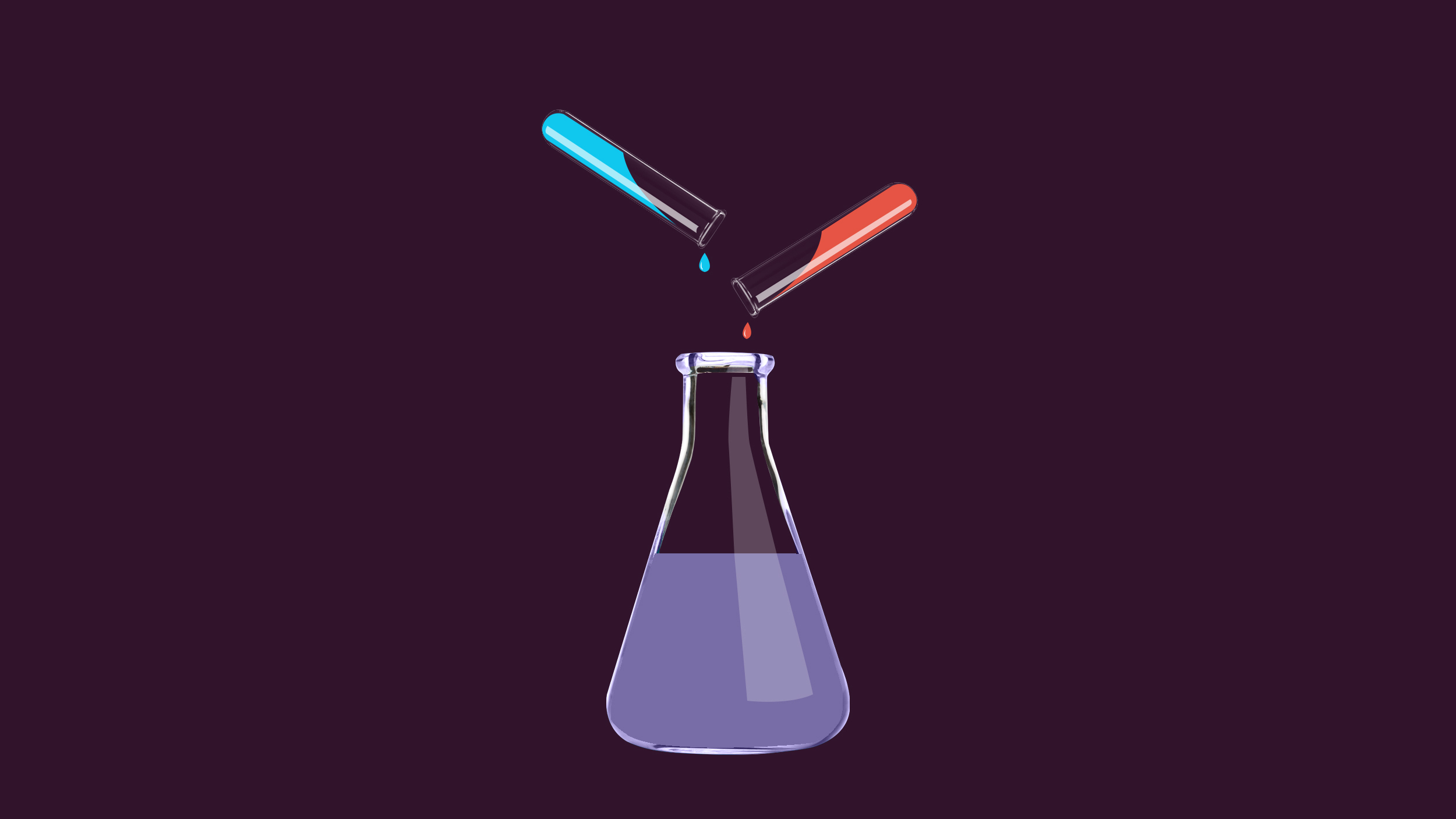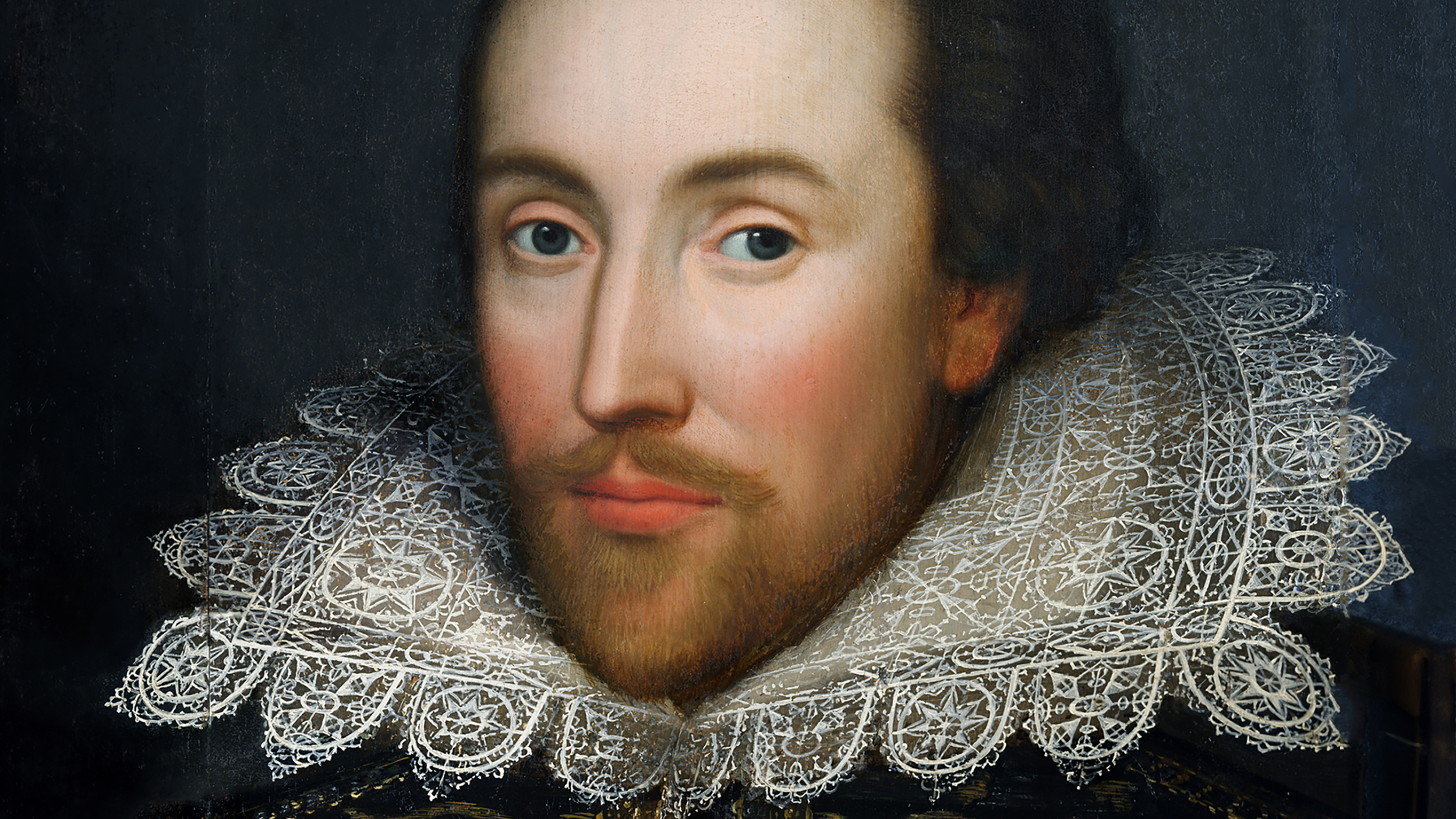Supercharge innovation with this refined “magpie strategy”

- The “magpie strategy” of seeking out new breakthroughs via serendipity and collective effort can empower innovation.
- To maximize the probability of discovering shiny new solutions, we must talk to clever people we disagree with and practice “intellectual arbitrage.”
- Intellectual arbitrage applies the “buy low, sell high” approach to creativity.
In folklore, magpies are known for always looking out for shiny objects to bring back to their nests. This is a powerful strategy for empowering innovation – actively seeking recombination and serendipity, collective effort, and new contexts of application. In contrast, a ‘maven’ – from the Yiddish word meyvn – refers to someone with deep and thorough expertise on a topic. Mavens can go far, but when they are also magpies then they can go further. Take Sam Panopoulous, a magpie who created one of my favorite pizzas.
The controversial Hawaiian pizza might be the most multicultural food ever created. Sam Panopoulous, a Greek immigrant to Canada, inspired by American Chinese food (think sweet and sour) put a South American ingredient (pineapple) on an Italian dish, naming it after the Polynesian state, allegedly because the brand of tinned pineapple was called ‘Hawaiian’. Hawaiian pizza is popular but divisive, and I want to take this opportunity to tell haters that they should reflect on their life choices. Hawaiian pizza is also a case study in how immigrants empower innovation.
Immigrants bring solutions from a diverse experience that can be recombined with practices, technologies, and other aspects of culture to solve unsolved problems in their new home. Their diverse experiences naturally lead them to become magpies.
The magpie strategy requires two things: a ‘prepared mind’ knowing the problem in sufficient depth that one’s inner magpie can distinguish the shiny and useful from the dull and irrelevant; and ‘intellectual arbitrage’ that actively seeks potential solutions outside one’s own domain of knowledge.
But you don’t have to move to a different country to be a magpie.
The answers to your problems often exist in other people’s heads. More often, for truly thorny problems, the answers are scattered across many people’s heads. That’s why they’re still thorny – the pieces of the solution haven’t come together yet. You can be the one to bring them together. To maximize the probability of discovering shiny new solutions, we need to talk to clever people we disagree with, people outside our disciplines and industries, and people beyond our immediate social circles. These are the conversations that make us more creative. You already know what your close friends think, but you know less about your distant friends and even less about your enemies. Having a good understanding of the problems in your nest prepares your mind. Having these diverse conversations allows you opportunities for intellectual arbitrage.

Arbitrage is a fancy way of describing the process of buying low and selling high. For example, finding an underpriced book at a thrift store and immediately selling it on Amazon at a higher price. Intellectual arbitrage describes this same approach applied to creativity.
Daniel Kahneman and Amos Tversky realized that economists didn’t yet know about findings in cognitive psychology that undermined the predictions of economic models. Kahneman and Tversky were magpies with prepared minds who then used intellectual arbitrage to forever change economics, winning a Nobel Prize, the shiniest of all objects in science.
Through intellectual arbitrage the McDonald brothers created the ‘Speedee Service System’, which allowed them to make hamburgers faster and cheaper than their competitors.
The McDonald brothers realized that the assembly line approach that had allowed Henry Ford to produce cheap cars could be applied to making cheap hamburgers. Rather than hiring an expensive trained chef like everyone else, the McDonald’s burger chain hired people with no training at lower salaries and taught them to do just one thing – one person sliced the buns, another flipped the burgers, another added the cheese, and so on. Through intellectual arbitrage the McDonald brothers created the ‘Speedee Service System’, which allowed them to make hamburgers faster and cheaper than their competitors.
History is filled with famous magpies. You can google the story of Charles Goodyear – after whom the Goodyear tire company is named – with a mind prepared by the Roxbury Rubber Company to discover vulcanized rubber, or watch Howard Goodall’s brilliant documentary tracing the origins of the Beatles’ greatest hits to their various experiences in everything from church organs to a piccolo trumpet Paul McCartney heard on TV. But one of my favorite examples is perhaps history’s most successful magpie: William Shakespeare.
Shakespeare was a master of rhetoric, a skill he likely learned at his local grammar school in Stratford-upon-Avon. A key element of the curriculum was the trivium: rhetoric, logic, and grammar. Many schools today only retain the grammar (woe betide today’s potential Shakespeares). Shakespeare’s grasp of rhetorical techniques like assonance (similar sounds, such as blue moon), alliteration (same starting letter, for example power to the people), chiasmus (words repeated in reverse order, i.e. ask not what your country can do for you – ask what you can do for your country), diacope (repetition with a division in between, for example Bond, James Bond), and so on is unmatched; the next most prominent rhetorical geniuses are probably British Prime Minister Winston Churchill and American rapper Eminem. But unlike these more recent figures, Shakespeare was a plagiarist, or rather a magpie, combining historical texts with rhetorical flair.
An old, much plagiarized saying goes: ‘To steal ideas from one person is plagiarism; to steal from many is research.’
As writer Mark Forsyth recounts, Shakespeare wrote Antony and Cleopatra and for that he needed to look up their history. Because we know that Shakespeare had a poor grasp of Greek, we can surmise that he probably relied on Thomas North’s English translation of Plutarch’s Lives of the Noble Greeks and Romans. And when we look at North’s book, we can see exactly the way Shakespeare plagiarized. But with rhetorical flair!
North: . . . she disdained to set forward otherwise but to take her barge in the river Cydnus, the poop whereof was of gold;
Shakespeare: The barge she sat in like a burnished throne, Burned on the water: the poop was beaten gold;
North: the sails of purple, and the oars of silver, which kept stroke in rowing after the sound of the music of flutes, howboys, cithernes, viols, and such other instruments as they played in the barge.
Shakespeare: Purple the sails, and so perfumed that
The winds were lovesick with them; the oars were silver, Which to the tune of flutes kept stroke, and made
The water which they beat to follow faster,
As amorous of their strokes.
Shakespeare would have failed a college Turnitin plagiarism check. But it’s hard to begrudge the Bard. He was a magpie who skillfully recombined rhetoric with history, bestowing on us not only beautiful poetry but multiple idioms that continue to be recombined by modern artists. Aldous Huxley’s title Brave New World is borrowed from The Tempest (‘Oh brave new world, that has such people in it’). Smash Mouth’s hit “Allstar” has the memorable line ‘All that glitters is gold’ – a play on the opposite from The Merchant of Venice (‘All that glitters is not gold’).
We can all be magpies by actively shaping our experiences and knowledge, who we talk to, and where we search for solutions. One way to naturally increase collective brain thinking and magpie strategies is to harness diverse ideas and ways of thinking. An old, much plagiarized saying goes: “To steal ideas from one person is plagiarism; to steal from many is research.”





